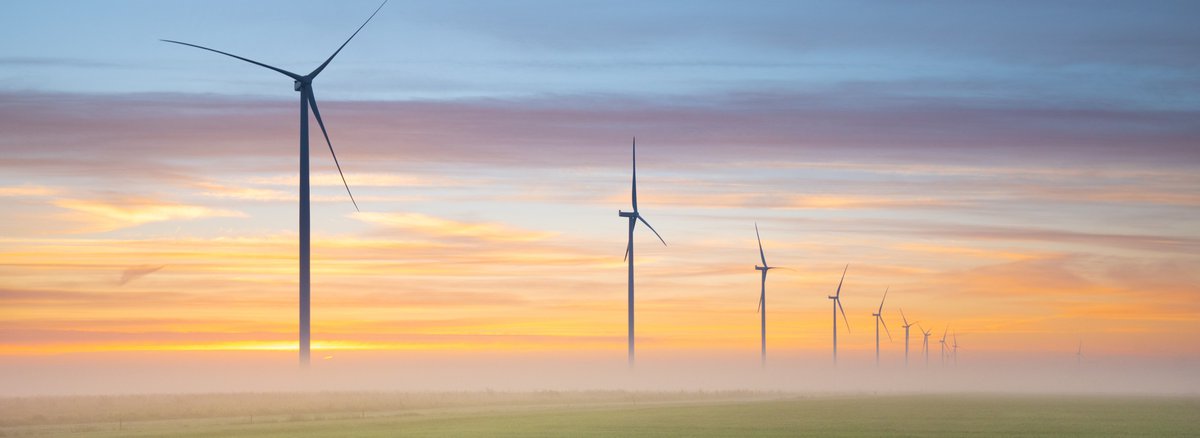We haven’t so much conquered COVID as we’ve been sidelined from the fray with a mix of tedium and exhaustion. Our hospitals remain clogged with sufferers. Health care workers feel dog-tired and unappreciated and the mood everywhere is dark.
We’re in a seventh wave now and can look forward to further booster shots. There’s a lot we’ve stopped doing – masking and even social distancing seem passé. We get less information now and it is inexact — derived from wastewater analysis — so we have less ability to determine the true incidence of disease. Advice from experts is harder to come by now and it remains inconsistent and at times confusing. Precautions are an individual responsibility now, we’re told, as we warily await developments and worry about the next mutation.
There’s a new interloper to fret about: monkey pox cases are climbing globally. To add to our dilemma, none of the concerns that predate our COVID experience have gotten better.
Moving on to other problems
There’s little new here; we’re adrift in a sea of problems. Indeed, the Old Testament (Book of Ezekiel) names the Four Horsemen of the Apocalypse representing the threats of war, famine, pestilence and wild beasts. We’re still working through this list but have to admit that we’re less troubled by wild beasts nowadays.
We’ve added new issues, and some suggest we need a Fifth Horseman identifying “us” as threats to ourselves. Our new and difficult problem is of course climate change. We’ve renamed the era we live in as the Anthropocene, since we collectively have become responsible for the depredation of our planet.

Rachel Carson initiated the concern about environmental issues more than 50 years ago with her publication of Silent Spring, but arbitrarily, I relate our destructive possibilities to our production of the atomic bomb and subsequent nuclear capabilities. Robert Oppenheimer headed the Manhattan Project that produced the first atomic bomb. Who can forget his prophetic and terrifying words, borrowed from Hindu scripture, at viewing a successful test?
“Now I am become Death, the destroyer of worlds.”
So far, we’ve held off using the bomb post-Nagasaki and -Hiroshima, though nine countries have nuclear warheads they might like to lob here or there.
Our big concern, though, relates to climate change and our recognition of the pernicious effects of the 40 billion or so tons of CO2 we launch into the atmosphere each year. As the planet heats up with what we used to call “greenhouse gases,” extreme weather events are making much of the world uninhabitable.
We’ve been slow to react and reluctant to change our mental models, and we’ve been burdened with enough deniers who claim it all to be a hoax. With a planet that is burning up, flooding, melting or sinking, doing nothing is a recipe for disaster. Perhaps some new technology will save us, but there are global dislocations pending with climate change that will require much more from us than windmills or better batteries.
Can we do it? Can we curb our excesses enough to achieve? I’ve recently read Bill McKibben’s thoughts on our predicament. His recent book is sobering and gives us a couple of reasons for optimism. But not much. The title tells the story. Falter: Has the human game begun to play itself out? opens with a discussion of hope, making me wonder if things are even more bleak than expected. I suspect this is the case, and I fear that this battle, which so few of us realize we’re participating in, will prove to be the fight of our lives.
McKibben does a good job describing the technical achievements we’ve come up with. However, he does a better job describing the economic and cultural forces at work here, ranging from Ayn Rand’s books justifying selfish behaviour to the bastions of free enterprise who look for profit-at-all-costs. In the face of our slavish need for growth, old corporate models won’t work, and we’re going to have to change our behaviours in radical ways. If we can part from our dependence on growth, we can even begin to plan for changes in population that match our numbers, long term of course, with the carrying capacity of our planet.
It’s possible to feel pretty bleak about our prospects, but McKibben notes we’ve got a couple of things going for us. The first thing is technological achievement, and McKibben notes the remarkable progress we’ve made with solar panels, wind turbines and battery technology. Paired with this achievement, McKibben takes comfort in our ability to mobilize for change in non-violent fashion. He’s looking for change from the bottom up with respect to changing corporate behaviour and goes so far as to label this ability as a “technology” in its own right.
Our advances in capturing energy from the sun and wind with battery storage are truly remarkable, but non-violent change is perhaps more difficult to acknowledge, given our continuing plunder of the planet. Perhaps more importantly, McKibben’s book came out before Russia’s invasion of Ukraine, before the many thousands of deaths on either side and the forced flight of millions of citizens.
We may be up against human nature here. Oxford professor Julian Savalescu contends that the only ways to derive more altruism and agreeability from people will involve genetic engineering or drugs to “morally enhance” ourselves so that we’re prepared to make sacrifices where necessary for the common good.
It is somehow repugnant to think it may come to these, just as it is disagreeable to listen to notions of pumping sulfur into the atmosphere to block incoming radiation. It is easier to consider that the non-violent movement is on the right track and will in time develop into a durable force that we can look to in pursuit of common good.
Maybe we’ll muddle through. Hope is indeed a major part of our plans.
Right now, our choices seem limited.

